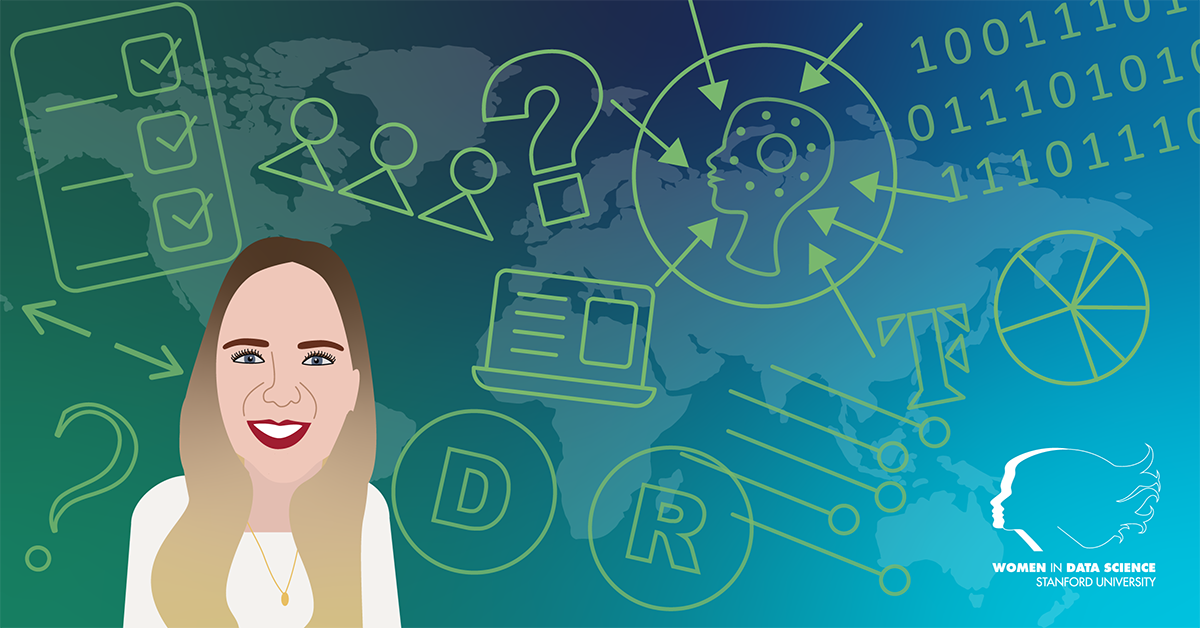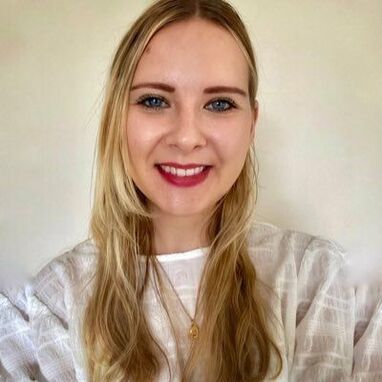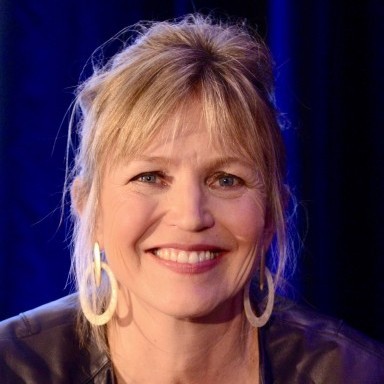Using Data Science to Study Human Behavior


Data Scientist at Teach First (UK)
About this episode
Dr. Karolina Urbanska, a data scientist working for Teach First in the UK, has spent her career using data science to better understand human behavior. She discusses her work as a data science and psychology researcher, her decision to leave academia, and her learnings along the way.
Highlights
As a quantitative social psychologist, Karolina has always been interested in using data to measure human behavior to try to understand it better. She has researched questions around political attitudes and polarization, particularly in light of Brexit and Trump’s election in 2016. She wanted to understand how people could arrive at completely different understandings of the world and reflect it in their voting decisions. One of her findings was that in the American two-party political system, people tend to identify as either Republican or Democrat and are more likely to agree with statements from their identified party. People use identity cues as mental shortcuts to judge information because there’s simply too much information to decipher. She says the polarization is stronger in the US where there are just two major parties compared to other countries with more choice of multiple political parties.
After her undergraduate and Ph.D. in psychology and two post-doctoral positions, Karolina decided to leave academia and to work for the nonprofit Teach First. She felt there was a lot of pressure in academia to become an expert in one niche and she wanted the freedom to pursue multiple topics that interest her.
When she landed her first job outside of academia, she said the adjustment was a bit challenging, for example, when she first got the data to work with. In academia she knew exactly what the labels were, but in a new organization, she had to figure out how they measure things, what information they store, or what they use as a proxy for a certain behavior.
As a researcher at Teach First, a non-profit in the UK that trains early career teachers to work with schools in disadvantaged areas, she is currently evaluating the impact of their programs in schools across the UK. She wants to know if their programs actually have an effect on the pupils that are being taught by their teachers compared to others.
When reflecting on her career, she says there have been times when she questioned whether she had the right skills. She has learned that it’s OK to be uncomfortable in a new position. With any new challenge you take, it takes time to get to know that new environment, and get to a place where you can start confidently contributing. It’s part of growing and learning, the satisfaction that you get from crossing that bridge from being very unsure to getting to place where you’re comfortable and succeeding is very rewarding. The process of maturing in your career is accepting that this is just going to be part of the journey.

About the Host
Margot Gerritsen
Stanford Professor [Emerita] Margot Gerritsen is the Executive Director and co-founder of Women in Data Science Worldwide (WiDS) and born and raised in the Netherlands. Margot received her MSc in Applied Mathematics from Delft University of Technology before moving to the US in search of sunnier and hillier places. In. 1996 she completed her PhD in Scientific Computing & Computational Mathematics at Stanford University and moved further West to New Zealand where she spent 5 years at the University of Auckland as a lecturer in Engineering Science. In 2001, she returned to Stanford as faculty member in Energy Resources Engineering. Margot was the Director of the Institute for Computational & Mathematical Engineering (ICME) at Stanford from 2010-2018 and the Senior Associate Dean for Educational Affairs in Stanford’s School of Earth Sciences from 2015-2020. In 2022, Margot took Emerita status to devote herself to WiDS full time. Margot is a Fellow of the Society of Industrial & Applied Mathematics, and received honorary doctorates from Uppsala University, Sweden, and the Eindhoven University of Technology in the Netherlands. She now lives in Oregon with her husband Paul.
Connect with Margot Gerritsen on Twitter (@margootjeg) and LinkedIn.
Find out more about Margot on her Stanford Profile.

